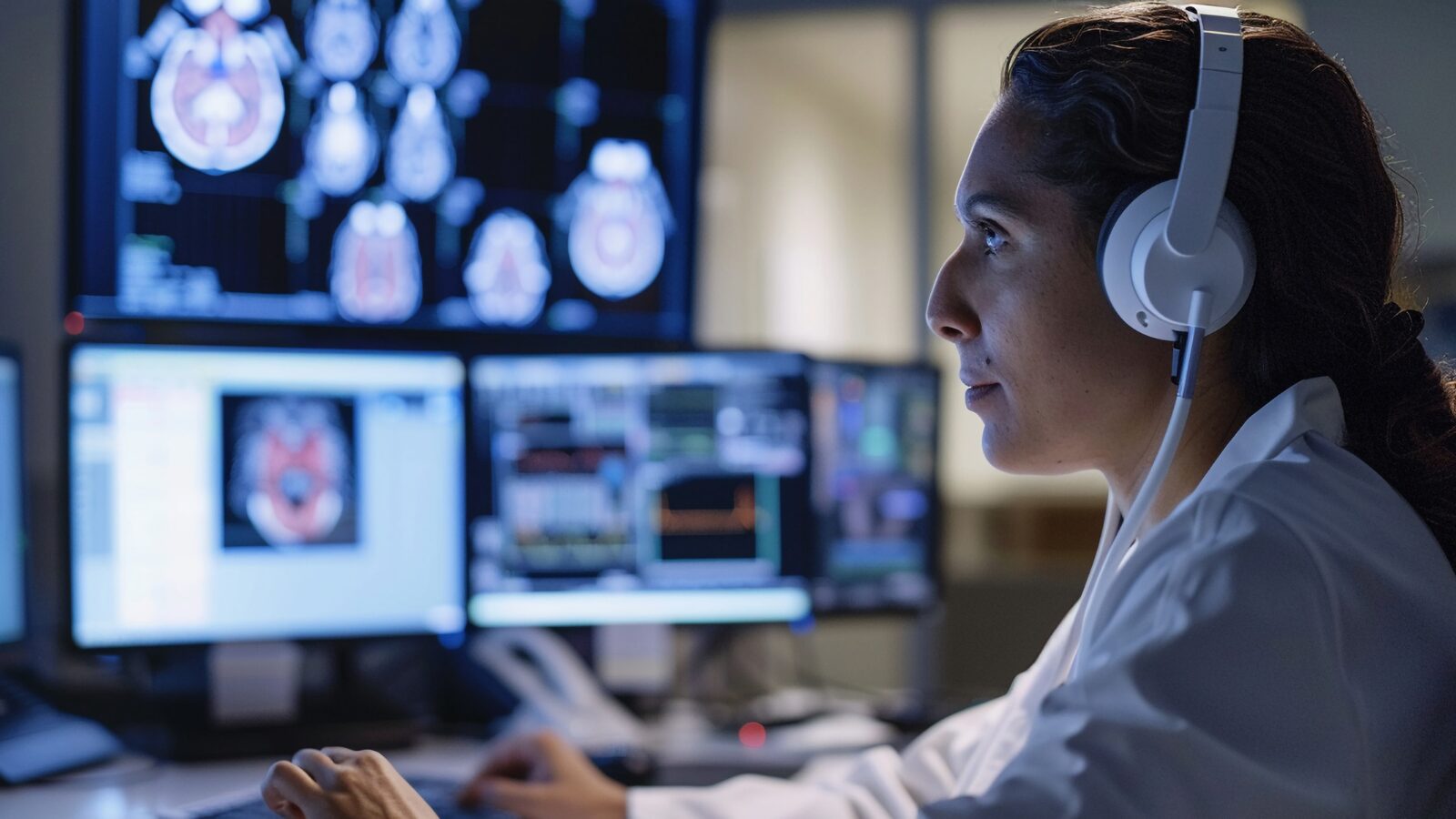Seema Rajaram, Life Sciences Digital Transformation Expert
The life sciences industry is undergoing a technological revolution, with artificial intelligence (AI) and data science poised to change critical processes such as clinical trials, patient recruitment, and regulatory compliance.
The foundation of medical research is clinical trials, which are necessary to create novel cures and treatments. However, finding and enlisting qualified patients is one of the most difficult parts of doing scientific trials. Conventional approaches are frequently error-prone, resource-intensive, and time-consuming.
Two technologies that are revolutionizing patient identification and making it more precise, efficient, and inclusive are AI and data science. This article explores the transformative potential of AI and data science in clinical trial patient identification.
Transforming Patient Recruitment in Clinical Trials
Patient recruitment has historically been one of the most significant bottlenecks in clinical trials. Traditional methods often result in delays, inflated costs, and trial failures.
A 2020 study published in the Journal of Medical Internet Research found that approximately 80 percent of trials fail to meet enrollment targets and timelines, adding substantial financial burdens for drug developers.
Finding the right patients for clinical studies or treatments isn’t as simple as it sounds. It means sifting through massive amounts of medical data, and that comes with a whole set of challenges.
One of the biggest issues is how scattered patient data is. Information lives in different systems, often in different formats, making it tough to get a complete, accurate picture of a person’s health as well as manually reviewing records, where doctors and researchers have to go through files one by one, which takes a huge amount of time and leaves room for human error. With busy schedules and limited resources, this process can slow things down significantly.
Clinical trials often have complicated, rigid requirements, and finding patients who fit every single condition can feel like searching for a needle in a haystack. This can lead to delays in research and missed opportunities for patients who might benefit. Making sure patients fully understand what they’re agreeing to, while also complying with strict data protection laws is a delicate and sometimes tricky process. Balancing patient rights with research needs requires careful handling at every step.
AI-driven recruitment platforms address selection bias by identifying underrepresented populations through advanced analytics and community outreach programs, which ensures greater diversity in trial enrollment, enhancing the generalizability of study results.
Improving Clinical Trials through AI-driven solutions
Predictive analytics powered by AI enables researchers to simulate various trial scenarios and optimize resource allocation dynamically throughout ongoing studies based on real-time feedback loops derived directly from trial datasets.
AI aggregates data from sources like wearables, genomic databases, EHRs, and patient registries to create comprehensive patient profiles. Natural Language Processing (NLP) extracts relevant information from unstructured data, such as lab reports and doctor’s notes, improving patient-trial matching efficiency. Machine learning models analyze past data to identify patients most likely to meet clinical study criteria, evaluating risk factors and predicting potential outcomes.
By segmenting patient populations based on various factors, AI makes recruitment efforts more targeted and effective. AI-powered chatbots engage with potential participants, answering questions and guiding them through enrollment, streamlining the process. Moreover, real-time AI monitoring ensures that the most up-to-date patient data is used for identification, allowing for dynamic eligibility reassessment as new information becomes available.
Beyond identification, AI improves data quality by detecting and correcting errors, inconsistencies, and missing values in patient records. Standardizing data formats across sources enhances integration and analysis, ensuring accuracy in trial results. By minimizing biases in patient selection, it promotes a diverse participant pool, improving the generalizability of trial outcomes.
The automation of patient identification tasks allows healthcare professionals to focus on more complex responsibilities. AI-powered systems scale efficiently, managing large clinical trials by handling vast amounts of data. They also ensure compliance with ethical and legal requirements, incorporating strong privacy safeguards to protect patient information and adhere to regulations like GDPR and HIPAA.
AI-powered Clinical Decision Support Systems (CDSS) assist physicians in making informed eligibility decisions. Additionally, data science optimizes trial design by simulating scenarios and predicting outcomes for diverse patient groups. AI enhances protocol adherence by analyzing patient behavior, while personalized communication strategies improve participant engagement and retention, ultimately increasing trial success rates.
Enhancing Regulatory Compliance
Regulatory compliance remains a critical concern for life sciences organizations due to stringent patient safety and data security oversight requirements.
AI-powered cybersecurity systems continuously monitor healthcare data for potential breaches while reducing detection times by up to 60 percent. Beyond cybersecurity benefits, AI also assists in automating regulatory reporting tasks, ensuring faster responses during audits or inspections while maintaining compliance with evolving standards like GDPR or HIPAA regulations.
AI significantly strengthens organizations’ ability to navigate complex regulatory landscapes effectively by reducing administrative burdens through automation while enhancing security protocols via real-time monitoring capabilities.
Future Innovation with AI
The integration of AI and data science into the patient identification process for clinical trials is a game-changer. These technologies not only streamline the initial identification and recruitment phases but also ensure ongoing compliance and engagement, ultimately accelerating the development of new treatments and therapies.
By addressing common bottlenecks and challenges, AI and data science enable more effective and ethical clinical trials, benefiting both researchers and patients. As these technologies continue to evolve, their impact on clinical trials will only grow, paving the way for more groundbreaking medical advancements.
About the Author
Seema Rajaram is a global test and validation leader specializing in digital transformation and artificial intelligence within the Life Sciences industry. With over 18 years of experience in IT, she oversees complex global initiatives, leveraging AI and data science to enhance drug discovery and regulatory compliance processes.
Her work focuses on developing and implementing advanced testing frameworks for AI-driven systems, ensuring data integrity, reliability, and operational efficiency. Rajaram also plays a crucial role in risk management and security testing, protecting sensitive patient data and intellectual property in the digital pharmaceutical landscape. You can contact Seema through her LinkedIn profile: https://www.linkedin.com/in/seema-rajaram-24850b16/



































